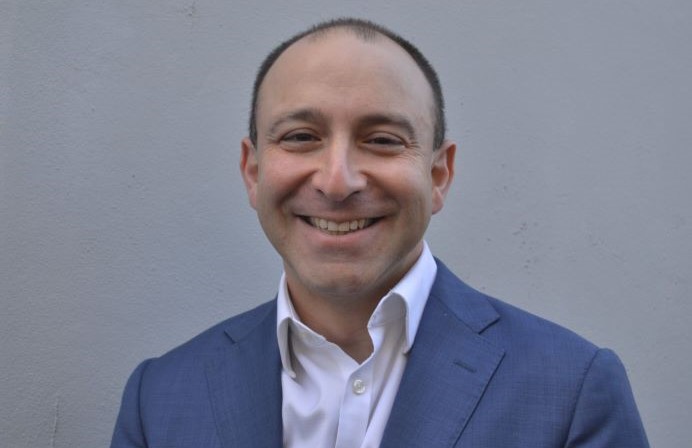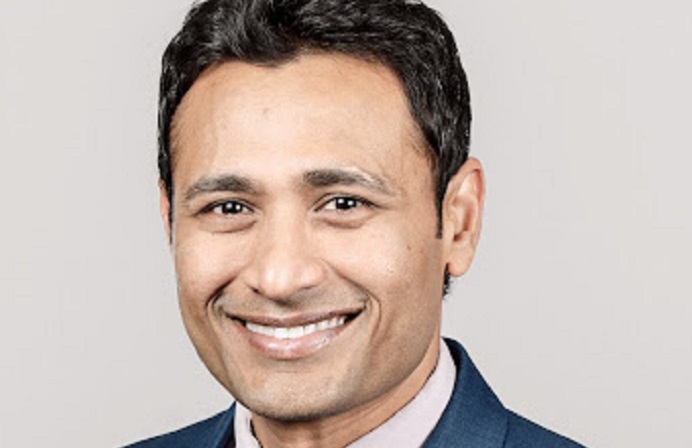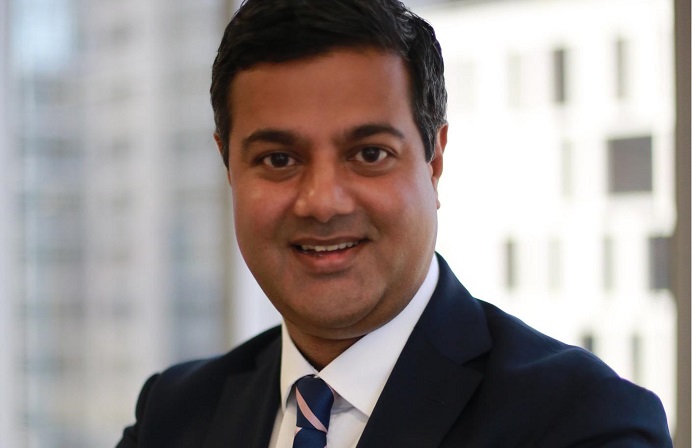
We continue to worry a lot about attacks that target the human element (for example, phishing, spearphishing, whaling, social engineering etc.), be that employees or customers or third parties. There is definite scope for more automation and even AI to mitigate these risks, but we are quite proud of our human touch at present.
FST Media: Where do you predict traditional banking services will be in five years’ time?
Hawkins: Ultimately, we think banking will be invisible. Already we’re seeing people interacting with their banks in ways that involve much less friction or ‘ceremony’ than traditional channels. Branches are disappearing and even awkward desktop banking processes are being supplanted by quicker, easier mobile and IoT interfaces. Phones and devices are making inroads on plastic. Increasingly, financial insight is pushed to customers rather than requiring them to explicitly go looking for it and, over the coming years, as people become more comfortable with AI and intelligent agents, this in-the-background activity will ultimately transition from read-only insight into active financial management.
It’s also possible that the ‘unbundling’ of banking and the diversification in the banking ecosystem will push some banking services into the background with the front-end of banking being realised through chat interfaces in Facebook or Google and the back-end banking being processed through established banking providers.
How far will we get in five years’ time? It’s hard to say, but things are moving very quickly on several fronts now, and this time fintech will make sure that a customers’ banking life isn’t left behind while the rest of their life benefits from the pace of technological change.
FST Media: What is the next ‘big innovation’ for Starling in bolstering customer engagement?
Hawkins: We’ve spoken a bit about our short-term roadmap and continuing to deliver simple, effective capabilities through our mobile app is a big part of it. We’ve already delivered ApplePay, AndroidPay, and FitBitPay ahead of the entire UK banking industry. We have some innovative ideas on connected accounts and a few other areas where we think the banking industry has missed the point in their service of customers.
FST Media: What cybersecurity threat looms large over financial services at present? How do you see this threat being overcome?
Hawkins: Well, obviously, DDoS and ransomware continue to make the news – although DDoS incidence fell off sharply last quarter. In fact, there are well-established, if not foolproof, defences against these.
We continue to worry a lot about attacks that target the human element (phishing, spearphishing, whaling, social engineering etc.), be that employees or customers or third parties. There is definite scope for more automation and even AI to mitigate these risks, but we are quite proud of our human touch at present. There is real value in the human element, so we try to find ways to augment or assist people.
FST Media: What technological advantages do challenger banks have over their established rivals?
Hawkins: Certainly, the pace and effectiveness that comes with being a small, lean organisation, but also the lack of legacy drag in technology, compliance and methodology.
FST Media: In what fundamental way do you expect open APIs to transform the banking industry?
Hawkins: We won’t be hamstrung by the pace of innovation set by the large incumbent banks anymore. It becomes possible for smaller, faster start-ups to build a business model delivering enhanced capabilities based on a customer’s data. It becomes easy for customers to add or remove cool apps or capabilities whoever they bank with and, at the same time, keeping stronger control over who has access to their financial data than they do at present.
Predicting the impact of open APIs is like trying to guess 10 years ago how the smartphone would have changed our daily lives. No longer do we need an A-Z index, a calculator, address book etc. All are now delivered compactly and conveniently as apps on our phones. Open banking APIs could have a similar impact. Time will tell.
FST Media: What does it mean to stay ‘agile’ with digital initiatives?
Hawkins: Loving everything that is new, challenging the status quo, being prepared to test new ways of working, and never settling for something that is just good enough. We are constantly asking the question ‘why’ to everything that we do and looking at this from a customer perspective. We have a great workforce and an engaged community who are always there to keep us on our toes. Being agile is being able to change as quickly as or quicker than the world changes around you.
FST Media: What existing technology would you like to see play a more prominent role in finance over the next few years?
Hawkins: Well, I’m very excited to watch blockchain patterns and techniques emerging – despite the hype, I don’t think we’ve fully appreciated the impact that this technology is going to have on the existing financial industries. But really, for the customer, I think AI holds more power to revolutionise our daily lives; so much of personal financial management is tedious stuff you’d happily allow a personal assistant to manage for you if you had a lifestyle to justify employing one.
The advancement of speech recognition is also interesting to watch. Who knows how this will be weaved into our financial lives? For example, asking one of the smart speakers/virtual assistants to pay your congestion charge as you arrive home after a long journey. Moreover, the internet of things (IoT) also has endless possibilities.
FST Media: What are you hoping to achieve from your presentation at FST’s Future of Financial Services conference?
Hawkins: I’m really keen to compare notes with similar banks or incumbents in Australia. I know that some regulatory change is afoot in Australia that mirrors what we’ve seen over the past few years and I’m keen to understand how the market is moving. And, of course, Starling’s plan definitely involves world domination, so maybe I’d like to lay some groundwork while I’m over!
Greg Hawkins will be a featured international keynote speaker at the 2017 Future of Financial Services conference in Sydney on the 9–10 November. Don’t miss out – secure your spot now!





